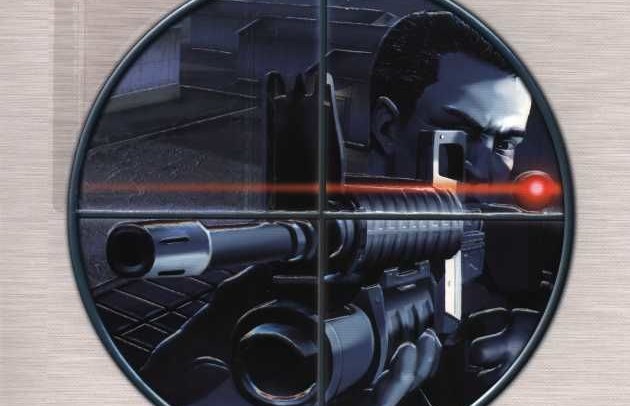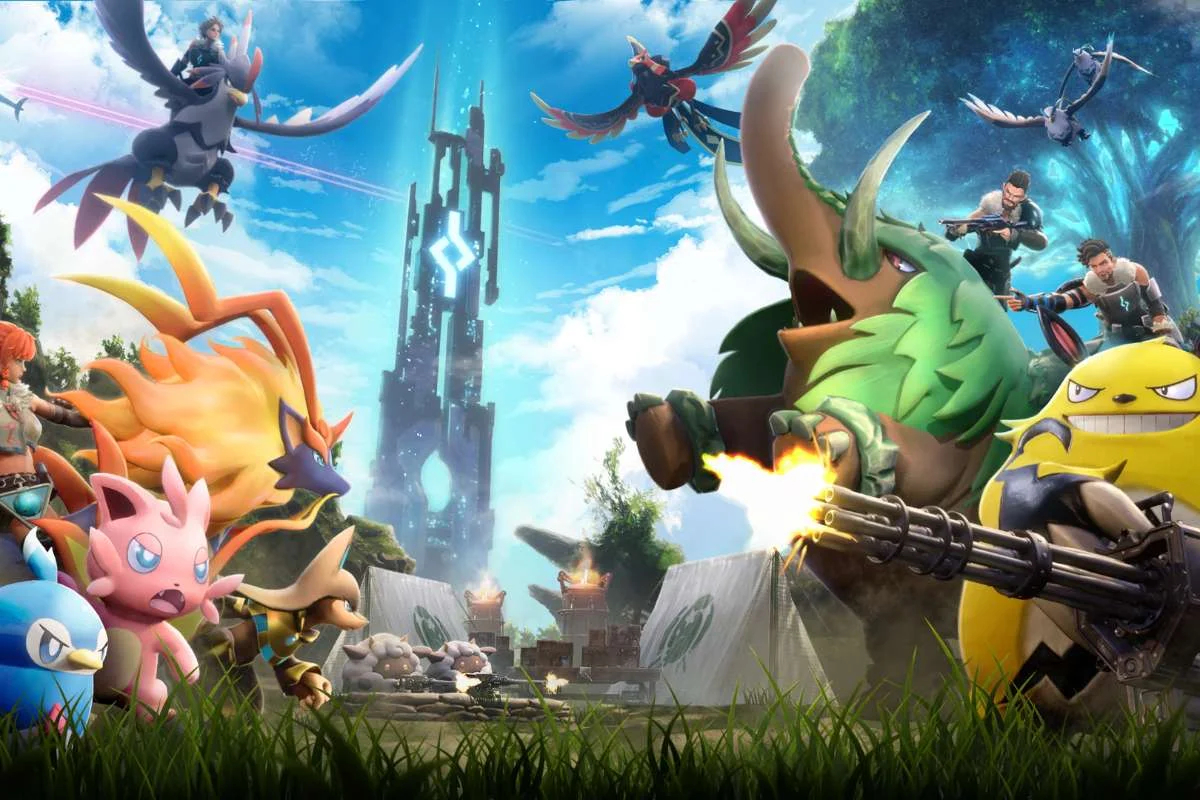Project IGI: I’m Going In is a tactical FPS released in 2000 by Eidos Interactive. It wasn’t exactly a runaway hit—our review from back then described it as “a botched opportunity for what could have been a cool game”—but it did some interesting things and is remembered reasonably fondly these days, at least as much as it’s remembered at all. We may soon be hearing more about it, however, as a report on Norwegian site Pressfire has revealed that a new IGI game is on the way.
The translation comes via Google and is thus a little rough, but the article subtitled “Project IGI resumes” states that the bulk of funding in the most recent round of NFI grants will go to “a kind of comeback for the Norwegian classic from 2000, Project IGI.” The new game is being developed by Norwegian studio Artplant, which was founded by members of original IGI developer Innerloop Studios, and will feature “the freedom the series has become known for.” (There was a sequel released in 2003 called IGI 2: Covert Strike.)
Artplant chief Jack K. Wulff confirmed that the new IGI is in development, but said, “We don’t have much to announce at this point, other than that the game will be called IGI – We’re Going In,” a play on the original title that suggests a focus on (or at least inclusion of) co-op multiplayer. Artplant had previously hinted on Twitter that David Jones, the hero of the first two games, will be back for round three.
As for the original IGI releases, it’s unlikely they’ll return anytime soon: As GamesIndustry reported earlier this year when Artplant acquired the property, Square Enix still holds the publishing rights to the original games.
First, the positives: This shit looks like Destiny. This thing looks like the dang Citadel from Mass Effect, Hollywood-caliber concept art of white terraces and neon signs with lush greenery throughout. It’s like the rich part of Shanghai in Deus Ex: Human Revolution. It’s interesting to see something like this imagined on the planet we inhabit.
Now, the hard part: Does it seem intuitively feasible to build a wafer-thin megacity a hundred miles long in the middle of the desert, and also somehow have it be a nice place to live that accommodates nine million people, with a transit system capable of sending them end-to-end in 20 minutes? I’m particularly curious about the promised mirror sheen on the city’s exterior walls. One small-but-significant detail is the fact that ordinary glass skyscrapers already pose a large mortality risk to birds, but my mind boggles at the logistics of keeping this thing cleaned and maintained across all 105 miles.
Neom promises a “zero-car environment” with a “100% sustainable transport system,” but will this offset the massive carbon footprint of constructing a future metropolis in the middle of the desert, let alone Saudi Arabia’s contributions to climate change as the world’s foremost exporter of oil?
Humanity demands inventive, creative solutions to fight climate change, but the Syfy Channel original movie quality of Neom reminds me more of the empty tech promises of the 2010s: Self-driving cars are somehow always five years away, robot drones will replace essential services like delivery, and now a monarchy built on oil wealth is going to build the city of the future in the middle of the desert.
Perhaps I’m destined to eat crow as a short-sighted hater of the House of Saud once it triumphantly builds the Citadel from Mass Effect out there, but feeling such embarrassment would be far from the worst fate suffered by a critic of the Saudi Arabian government.
The Neom concept’s compelling sci-fi vistas are reminiscent of my favorite works of fiction, and it’s a little enlivening to see anybody make bold plans for the future in what is otherwise a grim time, but it’s not likely to be built. It’s part of a charm campaign meant to rebrand a regressive state that also happens to be a fantastic customer of US arms manufacturers(opens in new tab). Saudi Arabia’s reputation has taken hits in recent years, particularly with the killing of Washington Post journalist Jamal Khashoggi(opens in new tab) by Saudi intelligence agents, and the country’s pursuit of a long war in Yemen, which the BBC describes as causing “one of the worst humanitarian crises in the world.(opens in new tab)”
So maybe take that neato art of lush, Presidium terraces and a wall of glass punctuating the endless sand with a grain of salt, cool as it might be.











